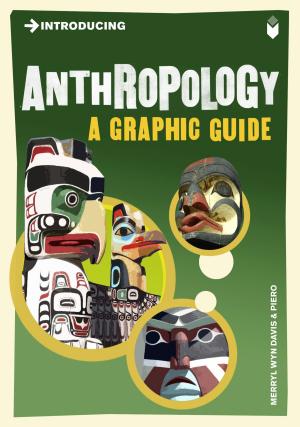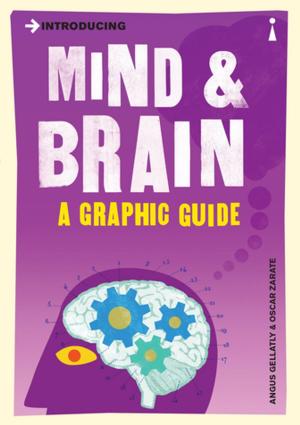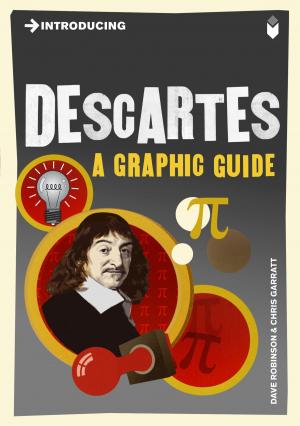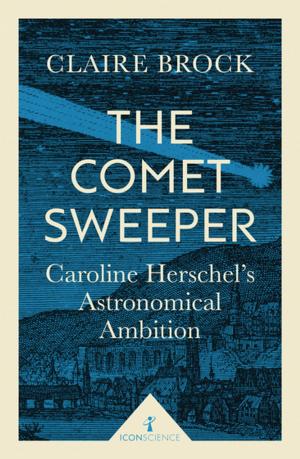The Science Magpie
A Miscellany of Paradoxes, Explications, Lists, Lives and Ephemera from the Wonderful World of Science
Nonfiction, Science & Nature, Science, Other Sciences, History, Biography & Memoir| Author: | Simon Flynn | ISBN: | 9781848314313 |
| Publisher: | Icon Books | Publication: | October 4, 2012 |
| Imprint: | Icon Books | Language: | English |
| Author: | Simon Flynn |
| ISBN: | 9781848314313 |
| Publisher: | Icon Books |
| Publication: | October 4, 2012 |
| Imprint: | Icon Books |
| Language: | English |
Fascinating lists, facts, stories, poems, drawings, diagrams and even jokes across the scientific disciplines and from science’s bejewelled history. Science, humankind’s greatest intellectual achievement, is capable equally of delight and amusement as much as learning and the advancement of knowledge. The Science Magpie brings together a hugely diverse collection of classic, common and unusual titbits from across science and its history. Read in full Galileo’s infamous recantation of his view of a heliocentric solar system; sample questions from the University of Cambridge’s first public examination in 1858 and marvel at Sir Ronald Ross’s poem describing his discovery of the life-cycle of the malaria parasite. Meet the full family of subatomic particles, view a geological clock, learn pi to 30 decimal places, discover the animals that have become extinct since 1900, see what a spiral periodic table looks like and much, much more. Follow @science_magpie on Twitter .
Fascinating lists, facts, stories, poems, drawings, diagrams and even jokes across the scientific disciplines and from science’s bejewelled history. Science, humankind’s greatest intellectual achievement, is capable equally of delight and amusement as much as learning and the advancement of knowledge. The Science Magpie brings together a hugely diverse collection of classic, common and unusual titbits from across science and its history. Read in full Galileo’s infamous recantation of his view of a heliocentric solar system; sample questions from the University of Cambridge’s first public examination in 1858 and marvel at Sir Ronald Ross’s poem describing his discovery of the life-cycle of the malaria parasite. Meet the full family of subatomic particles, view a geological clock, learn pi to 30 decimal places, discover the animals that have become extinct since 1900, see what a spiral periodic table looks like and much, much more. Follow @science_magpie on Twitter .















